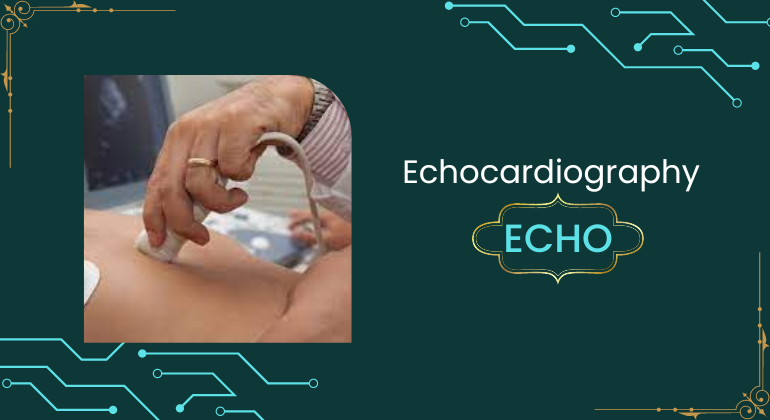
An echocardiogram is an ultrasound of the heart that uses high-frequency sound waves to capture pictures of the heart’s valves and chambers, allowing a cardiologist to evaluate the pumping action of the heart. Echo is often combined with Doppler ultrasound and color Doppler to evaluate blood flow across the heart’s valves. An echocardiography test is used to assess the overall function of your heart and determine the presence of many types of heart disease.
Tests do not require fasting. During the test, the healthcare provider will explain the procedure in detail. A cardiologist will place electrodes on your chest that connect to an electrocardiograph (ECG) monitor to chart your heart’s electrical activity. You may be asked to change positions several times during the exam so the cardiologist can take pictures of different areas of the heart. You should feel no major discomfort. You may feel a coolness on your skin from the gel on the transducer, and a slight pressure of the transducer on your chest